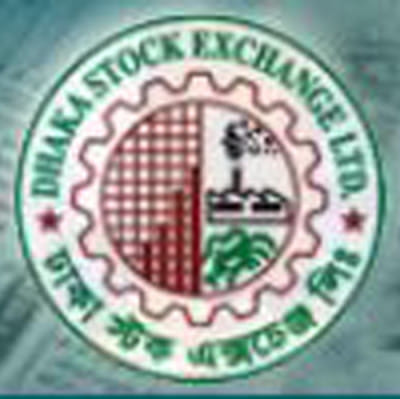No trading of govt securities on debut in bourses

No treasury bills and bonds were bought or sold on the stock exchanges in Bangladesh yesterday, their first trading day, because of a technical glitch.
Data migration could not be completed on time so trading was not possible although there were some buy orders, said the Dhaka Stock Exchange (DSE) in a press release.
"The problem will be resolved within a day or two."
With the commencement of the trading of treasury bills and bonds, Bangladesh has taken a major leap forward by making govern-ment securities easily available to investors through the exchanges and diversifying the product base.
However, the lot of the bonds is 1,000 with a face value of Tk 100 means investors need to pay at least Tk 1 lakh or above to buy a single set of securities. As a result, small investors did not show much interest in buying them, said an official of a merchant bank.
In Bangladesh, according to him, most of the investors are rushing towards the stocks that could help them double their investment quickly so they did not choose government securities.
"However, it is a good product for long-term investors. Some of them may seek to buy bills and bonds in the upcoming days."
The Bangladesh Securities and Exchange Commission has allowed the trading of treasury bills and bonds on the DSE and the Chittagong Stock Exchange on a trial basis.
While stocks are ownership in a company, bonds are a loan to a company or government. Because they are a loan, with a set interest payment, a maturity date, and a face value that the borrower will repay, they tend to be far less volatile than stocks, according to The Motley Fool, a financial and investing advice company based in Alexandria, Virginia.
In Bangladesh, there are about 270 treasury bonds worth more than Tk 2.5 lakh crore with their tenures ranging from two years to 20 years, data from the Bangladesh Bank showed. But they were not traded like shares and mutual fund units as there was no secondary market.

 For all latest news, follow The Daily Star's Google News channel.
For all latest news, follow The Daily Star's Google News channel. 




Comments